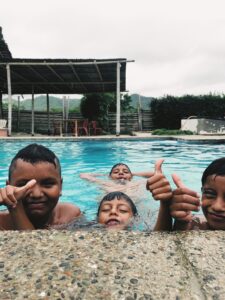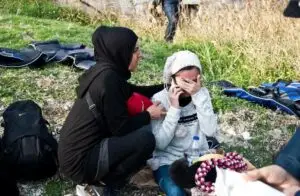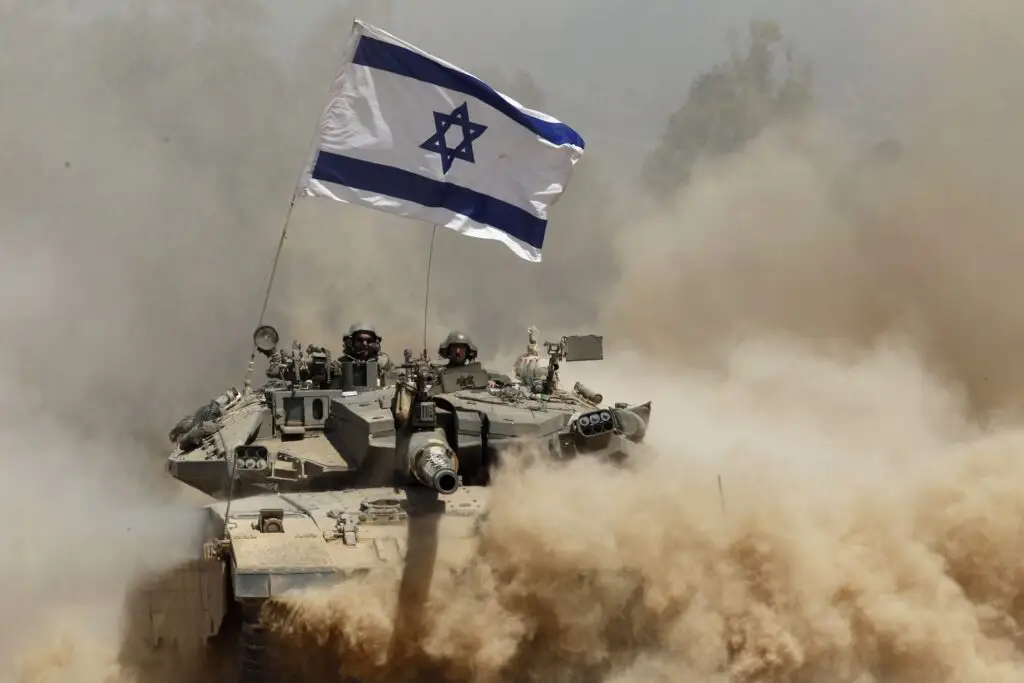Who takes care of the veterans when they get home?
“A loud barking from one of the farms deep in the woods snaps me out of my reverie.
Hefty bumblebees buzz in an eternal search for nectar. The sweat I have accumulated during the climb up the hill has dried again under the glare of the sun. The odor from the ground no longer seems so pungent, just a hint against the nose. Enveloped in warmth, I look out over the Trondheimsfjord and see a cruise ship about to dock at Pirbadet. As I start walking again, I think it’s like Kåre says: Lebanon is a part of me. Just like the fragrance of damp, mahogany soil on a hilltop by a small lake in Bymarka.
The smell of Lebanon will always be there.
Always.
I have just finished my latest book, The breaking point. It´s the ninth in the series with veteran Tom Falck back in the lead role. Although I have received good reviews for all the novels, which have been described as both exciting, and ‘frighteningly’ realistic, I have not had what my editor calls ‘The Great Breakthrough’. For me, it does not mean much. Everyone who reads my books knows that there is a message in them that goes deeper than what is defined within the thriller genre. I know other war veterans understand. In fact, I never stopped writing The Long Way Home.
I’m talking less and less about Lebanon now, although hardly a day goes by without me recalling the events. The triggers can be anything. The smell of diesel, a washed-out color, or simply a snapshot of a child laughing or crying. The memories stay with me, all the time.
Even though my battle is over, fortunately there are other veterans who continue to work on behalf of us all. Others are more anonymous but do sterling work in their own way. There are so many of us: the Lebanon veterans, those who served in the Gulf War, soldiers from Somalia and the Balkans as well as troops returning from Afghanistan.
New generations of military professionals are constantly being sent out under the auspices of the UN and NATO, in what are called peace-building or ‘stabilizing’ operations. No matter what words they use, and what political, moral or ethical reasons are supplied, young men and women continue to be sent out to unknown and perilous territory, to face not just physical but life-altering trauma.
The question is: Who takes care of them when they get home?

What is a lifetime, really?
Twenty good years? A good friend of mine once said while walking in the mountains of Gran Canaria.“Knut, we have twenty good years left. Use

How to protect yourself from your PTSD, when the world is on fire
(It is war. And it is mine. ) The headlines that meet me today are about the war in Ukraine. Alarms going off, people fleeing,

The thin film of civilization
The thin film of civilization This picture are taken on Lesvos. Her husband and baby drowned on the way over from Turkey. This is a
